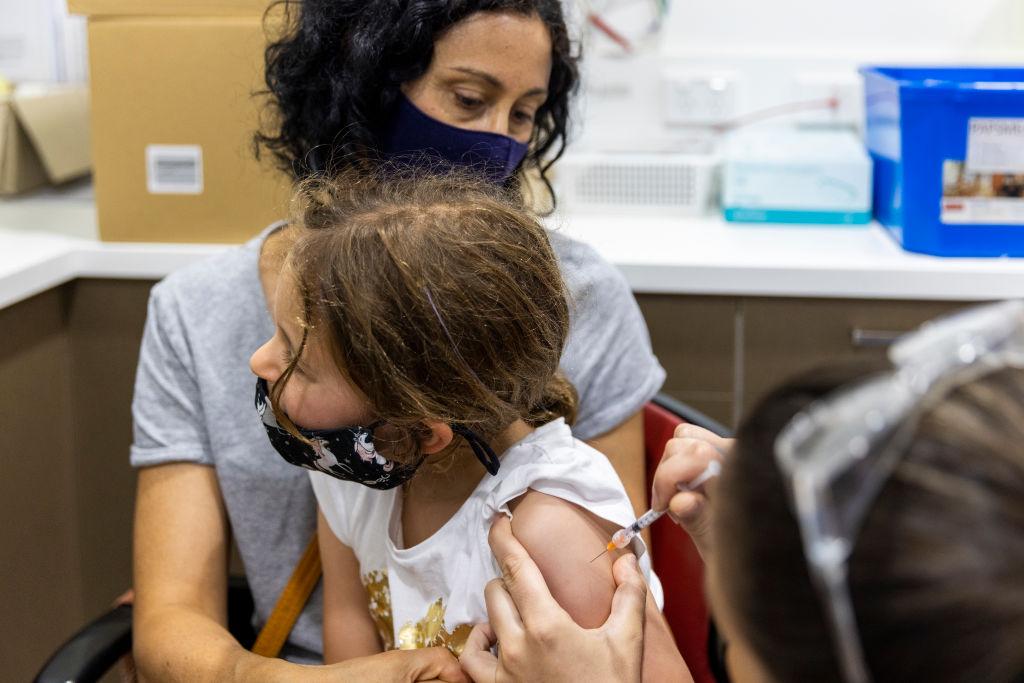An Australian mother is calling for better advice for parents and for long-term health studies on mRNA COVID-19 vaccines after her 12-year-old son was hospitalised with life-threatening pericarditis within hours of getting the jab.
Nat’s eldest son, whose name The Epoch Times is not disclosing to protect his privacy, was a “happy, healthy” 12-year-old prior to being injected with Moderna’s pediatric COVID-19 vaccine, commonly known as Spikevax. But now, he has chosen to isolate himself from his friends and has been on strict rest to keep his heart rate down.




